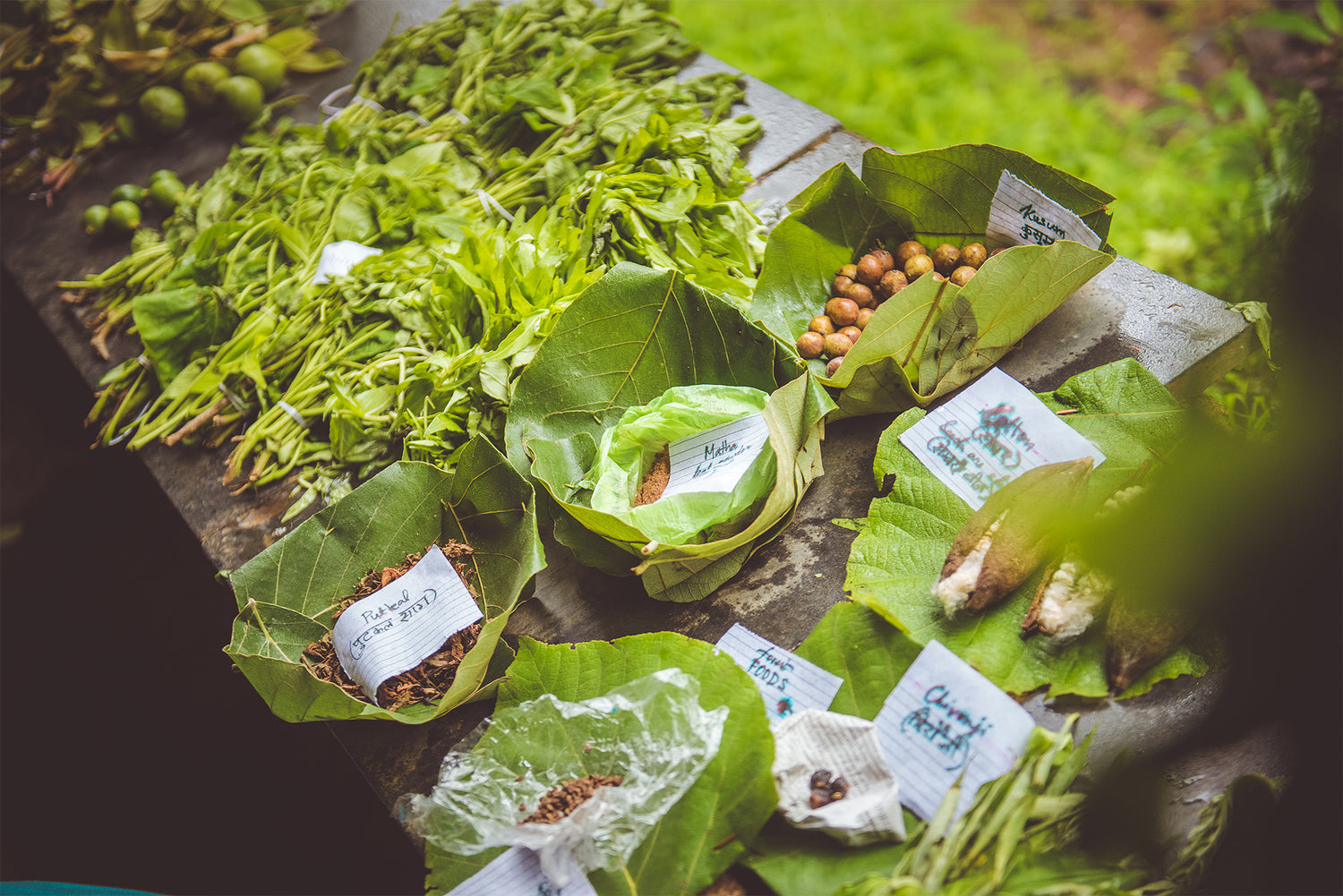
Tetu / टेटू / Broken Bones Tree / Oroxylum indicum (L.) Kurz
- Local Name: Tetu / टेटू
- Common Name: Broken Bones Tree
- Botanical Name: Oroxylum indicum (L.) Kurz
Status & Habitat
- Habitat:
- Occurrence:
- Season of Availability:
- Geography: S. China to Tropical Asia
- Method of Propagation: N/A
- Part used for Propagation: N/A
Edible Parts
- Edible Parts:
- Can be Eaten Raw:
Method of Consumption
- Raw: Yes, flowers
- Ripe: No
- Both Raw & Ripe: No
- Dangerous Form to Consume:
- As Food:
- As Medicine:
- Cooking Without Prior Boiling: No
- Boiling Before Cooking: Yes
- Pickling: Yes
- Brining: Yes
- Fermenting: N/A
- Drying for later Consumption: N/A
- Overall Method:
Nutritional & Medicinal Benefits
- Nutritional Benefit:
- Medicinal Benefit:
Tribal Wisdom
- Tribal Wisdom:
Recipes / Usage
- Tribal Recipe / Usage:


